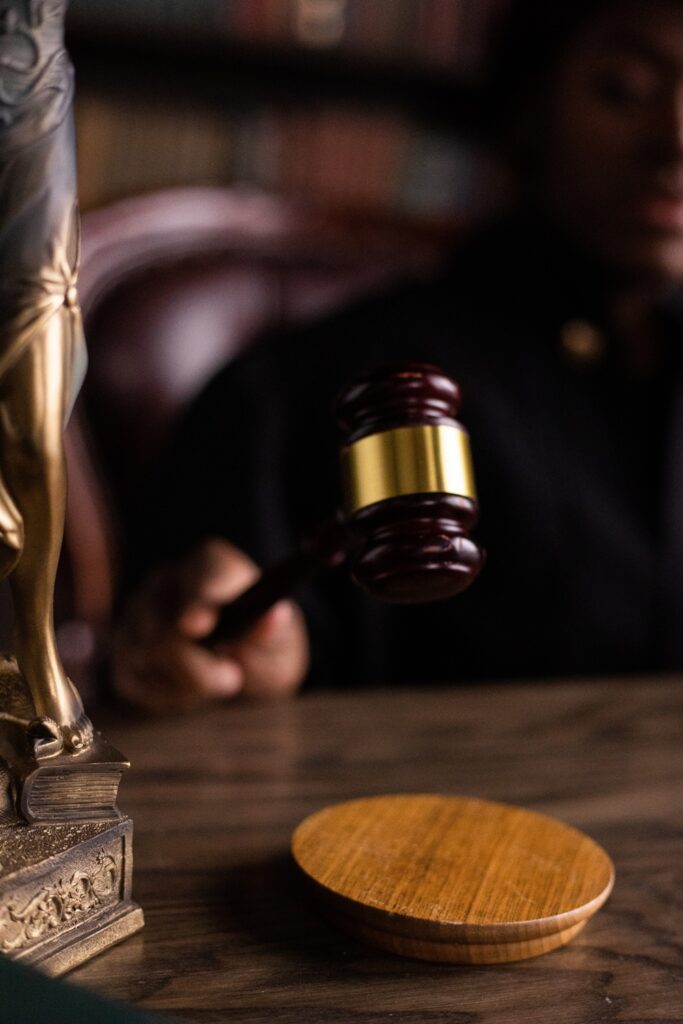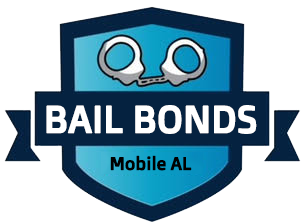
The job of a judge during a bond hearing is to take all the information provided in regards to an arrest and the charges, then decide whether or not it is appropriate to offer bond to the defendant. The judge has to come to this decision by looking at a variety of factors even beyond what the case is for. Here are some of the main criteria a judge will take into account.
The main charges
Of course, the most important aspect of deciding if someone should stay in jail is what are the charges brought forth against the defendant? If the charges tend to be relatively minor, especially in the lower misdemeanor categories, most likely there should be no issue with bond being offered and at a lower cost. In fact, in some cases such as first offenses with minor charges, the judge may rule for personal recognizance which means that the defendant will simply have to promise to show to their hearings and in return will be able to be released without having to pay on an actual bond. For more severe charges such as felonies or ones that revolve around violence, the judge will likely attach higher bond costs or deny bond altogether.
Past criminal history
If the defendant has an extensive past criminal record, this can also be another major factor a judge will keep in mind. It is not to say that having previous infractions will automatically boost the costs of a bond but the previous charges as well as how the cases turned out may have an impact on if a judge thinks there may be any issues with the current case. If the past issues were merely things like parking tickets or small charges, most likely there will not be too much weight put on this category.
Safety of the defendant and others
Possibly the most important aspect a judge needs to think about is safety. If the charges against the defendant are violent in nature the judge has to think about the victims and if there is cause for concern about the defendant being out on bond. If they feel that it could threaten the safety of the victim, they may issue a restraining order or deny bond completely. Beyond the victims, the judge also considers the safety of the community as a whole as well as the safety of the defendant themselves. If there is concern that the defendant may harm themselves, a judge may choose to deny bond so that the defendant can be observed.
Flight Risk
The final thing a judge has to think about is how much of a flight risk does the defendant give? If the defendant has been arrested previously and failed to show up to court dates, it gives off huge red flags to the judge that this case will not be any different. Also if the defendant has significant resources that allow them to pay the bond with no consequence, it also leaves cause for concern because it would mean they have easy access to the money needed to avoid showing up to court again. In these cases, the judge will probably not deny bond but may significantly hike up the cost to add more consequences if they try to flee.
To sum up, a judge has to think about a lot of aspects of a person’s record to ensure that not only will the defendant show up to all their scheduled hearings, but all people around the defendant will be safe as well.



